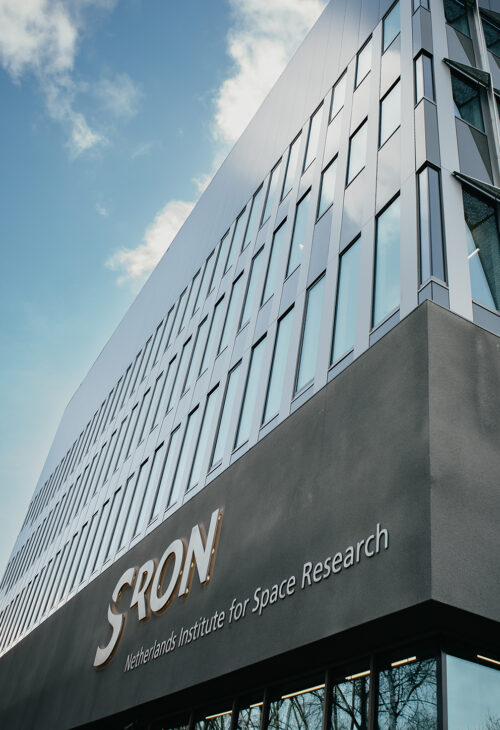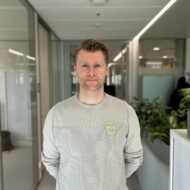About SRON’s Earth observation program

SRON Netherlands Institute for Space Research
SRON is the Dutch national expertise institute for space research, as part of the Dutch Research Council (NWO). In the Earth Observation program, we contribute to research on climate, air quality and its consequences for biodiversity by working on the entire chain of space missions. We develop key detector technologies, design and realize instruments in collaboration with partners, and develop analysis tools and models to make the data applicable to users. SRON also provides council to the government on scientific space use.
Key expertise in atmospheric composition
The Earth Observation program at SRON has key expertise in monitoring atmospheric composition. This expertise was developed over the past decades in a Dutch ecosystem of universities, knowledge institutes, and industrial partners. The Netherlands is world-leading in atmospheric composition monitoring with a series of instruments such as TROPOMI on ESA’s Sentinel-5p mission and SPEXone on NASA’s PACE mission.
The UN climate panel warns that our warming climate, caused by human-made emissions, puts the global ecosystem at risk. Several climate tipping points could be triggered this century, leading to large and irreversible changes to the climate system and large impacts on society. This confronts our society with urgent scientific questions about climate change, air quality, and its consequences for biodiversity. In answering these questions, scientists, governments, and international bodies increasingly rely on earth observation data. Satellites are vital because they provide global and intercomparable information that can be available within hours after sensing (e.g. shortly after a pipeline leak) and can also provide time series spanning decades of calibrated and validated data of greenhouse gas concentrations and inferred emissions.
Moreover, constant advances in satellite instrumentation make observations with an ever-increasing detail possible. For example, SRON scientists have recently used satellites to spot large methane plumes from individual waste dumps for the first time from space [Maasakkers, Science Adv. 2022].
For the United Nations Methane Alert and Response System (Mars), together with our partners we design a rapid methane hot-spot detection system using satellite observations. This will provide actionable information to reduce emissions of this strong greenhouse gas and curb climate change.
SRON’s Earth Observation program focuses on:
- CO2 and CH4, the two most important greenhouse gases;
- Aerosol, relevant for human health and global warming;
- Aerosol-cloud interactions, a very uncertain but important process affecting global climate;
- Wildfire emissions, with impact on climate, air-quality, and our global ecosystems.
By contributing to the development of earth observation space missions, SRON takes part in the fulfillment of government policy on Climate & Environment and Science & Education. On the European level, we contribute to Horizon Europe and Copernicus. Internationally, we develop missions together with NASA, contribute to the United Nations Environment Program and facilitate climate action in collaboration with non-governmental organizations such as EDF and GMH.
SRON’s Earth experts
-
-
-
-
-
-

-

-

-

-

-

-

-

-

-

-

-

-

-

-

-

-

-

Richard van Hees
Senior Software Engineer
-

-

-

Start your space career
At SRON, we dive into existential questions about our universe and help solve the most pressing societal issue of our time: climate change. Working at SRON means being part of the solution and using your talents for the benefit of humankind. At SRON we nurture talent and team spirit. We value an inclusive workplace and a healthy work-life balance.

















